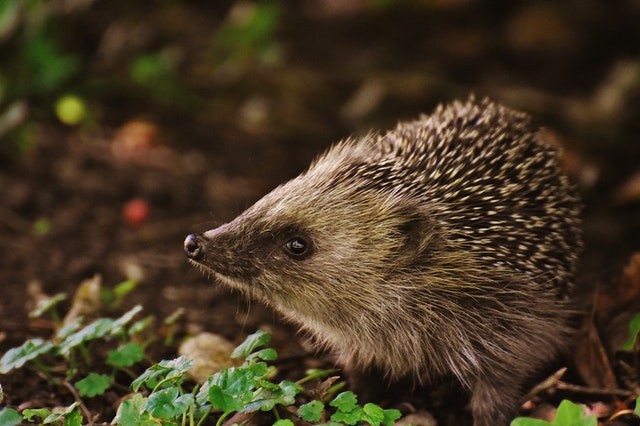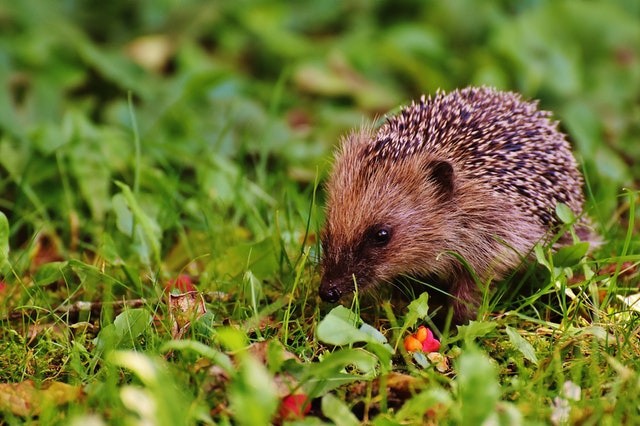Plastics may be responsible for the decline in hedgehogs population in Britain as 15 out 70 samples had shown traces of plastics in them.
Mammals in the house, recreation centers, or the ones living in the bush are ingesting plastics. Hedgehogs population in Britain is on a decline, and an ongoing study says plastics may be responsible.
The Mammal Society has begun collecting samples of animal droppings as scientists warn hedgehogs and voles may be eating plastic.

The plastics you drop as litter or abandoned in landfill landfills are dangerous to small mammals as they ingest them while feeding in the gardens.These plastics are seriously threatening their survival.
ALSO READ - Marine Mussels Experience Severe Swelling Over Human Laundry Dry Lint
The Study
An ongoing study by a Zoology student, Emily Demster, at the University of Sussex in the UK, is examining animal droppings from all parts of the UK to find out the impact of plastics on small mammals.
Some of these small mammals include hedgehogs, rabbits, voles, and squirrels.
From the 70 samples already collected from wildlife centers under a microscope,15 had shown traces of plastics. Demster said the study could link plastics to the mysterious decline in hedgehogs' population.
Hedgehogs and other small mammals are likely to gulp traces of plastics as they eat earthworms suspected to contain them. They are likely to chew on garden fencing and threads.
Currently, hedgehogs' populations are estimated to be less than a million left in Britain, down from about 30 million in the 1950s.
"Considering the fact that they are endangered at the moment, and we don't really know the main causes, this could be quite a big reason as to why, because we've seen in other animals that it can have negative effects," she said.
Fiona Mathews, chair of the Mammal Society, said they don't know whether hedgehogs are ingesting plastics, but the presence of microplastics in worms suggests the possibility.
He added that small mammals are likely the most group of animals to eat large pieces of plastics, especially those used for wrapping food.

The Effects of Plastics
Numerous past studies have found that plastics have serious negative effects on the digestive and reproductive systems of sea creatures and other terrestrial animals that feed on plastics.
Also, scientists are worried that there could be an upsurge of plastics in the food chain likely to cause harm to predators including foxes and birds of prey.
Request for Animal Droppings
Efforts to dig deeper into ascertaining the role of plastics in hedgehogs' decline in the UK, Dempster has urged people to find suitable animal droppings, and take shots of the dropping, and email her.
So she can get them via mailing service organization. She described animal droppings that are suitable for the study to be either black or brown, cylindrical, and less than 2cm long and 0.6 cm wide.
As hedgehogs are said to start emerging in April, Demster advised the people not to disturb hibernating hedgehogs. She also asked the public to take care not to disturb hibernating hedgehogs by gathering in groups or move desperately searching for droppings.
RELATED ARTICLE - Dog's Secret Tool to Save Wild Life
For more news, updates about hedgehogs and related stories, don't forget to follow Nature World News!
© 2026 NatureWorldNews.com All rights reserved. Do not reproduce without permission.





